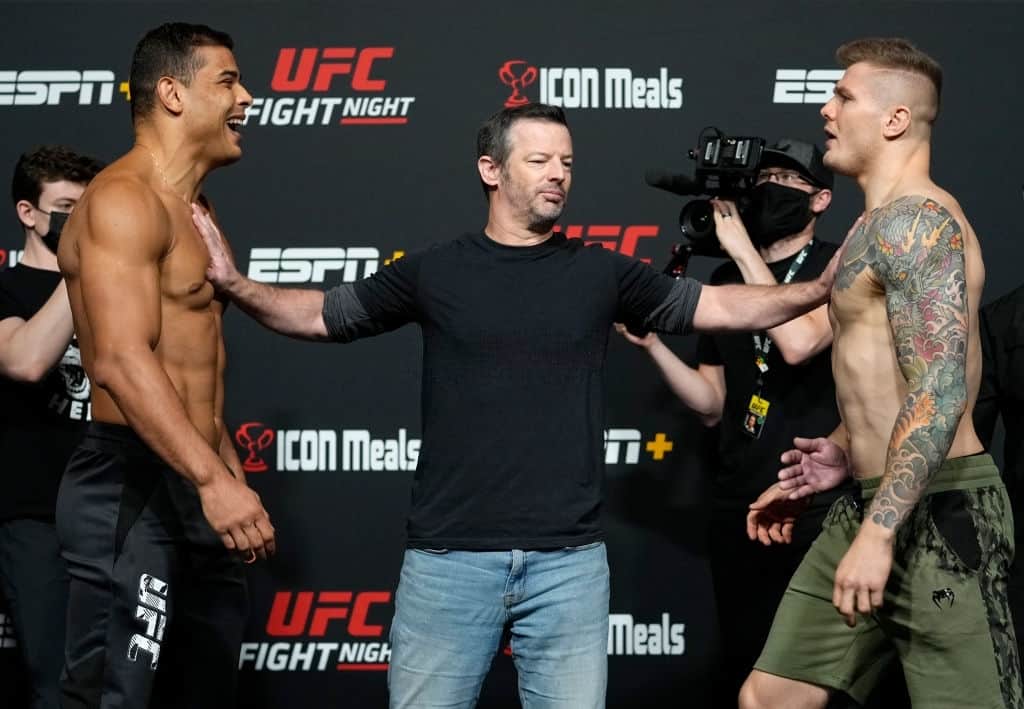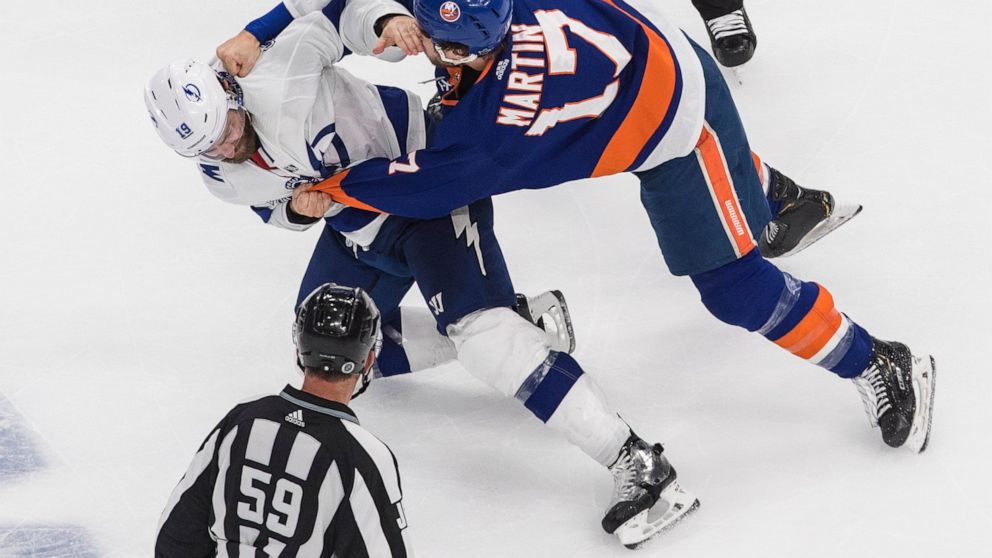

To put more emphasis on teams winning in regulation, regulation wins (tracked in an additional RW column in the league standings) will now precede regulation and overtime wins ( ROW) in the tie-breaking procedure. Modification to the tie-breaking procedure The league eliminates the use of goal judges and assigns those duties to the in-house video replay official.


The first failed challenge will result in a two-minute minor, and each subsequent failed challenge will result in a four-minute double-minor. Teams now have an unlimited number of coach's challenges, but failed challenges will now result in delay-of-game penalties instead of the loss of their timeout.Linesmen will now drop the puck at centre ice after goals and at the start of overtime instead of the referees.Players who lose their helmet during play must return to the bench as soon as it is feasible until it can be replaced, or the player must retrieve their helmet.A puck that leaves play in the attacking zone will remain in the attacking zone for the next face-off.In such cases, the defensive team will not be allowed to make a line change. In the event a net is inadvertently knocked off its moorings, or if a puck shot from beyond center ice is stopped and frozen by the goaltender, the face-off will take place in the goaltender's defensive zone, with the team on offense given choice of side.The league adopted the David Leggio Rule: deliberately moving the goalposts off its moorings to stop play on a breakaway will result in an awarded goal to the attacking team.The following rule changes were proposed Jand approved the next day: Ron Francis was hired as Seattle's first general manager on July 17, 2019. The expansion team, set to begin play during the 2021–22 season, originally planned to announce the club's name in early 2020. Seattle expansion team ĭue to the COVID-19 pandemic, the christening of the Seattle Kraken was delayed to July 23, 2020. The salary cap is $81.5 million, as announced on June 22, 2019. The NHL announced on August 30 that they would not opt out, and the NHLPA then also agreed on September 16 not to opt out. If either of them had opted out, the CBA would have expired at the end of this season instead of at the end of 2021–22. Before the season started, both the NHL and the NHLPA had the choice to opt out of the CBA on September 1 and September 16, 2019, respectively. The collective bargaining agreement (CBA), previously signed to end the 2012–13 NHL lockout, entered into its eighth season. League business Collective bargaining agreement



 0 kommentar(er)
0 kommentar(er)
